In parts of the Netherlands, organic onion farming has been on the rise in recent years. But, there have been pioneers there who've been growing onions organically for decades. Like the organic and bio-dynamic cultivation companies, Twisk and Van Andel Bio (TVA Organics). They've been around for 30 years. These companies have been jointly cultivating onions since 1995. And in 2015 the 'polder pioneers' built a combined storage and sorting facility.
That was so they could provide customers with organic onions year-round. TVA Organics stores, sorts, packages, and sells products. These are onions, shallots, and garlic they cultivate themselves. They also do so for more and more fellow organic farmers. Joost Jonk and Piet van Andel manage the company on behalf of Van Andel Bio. Bas Groeneveld and Sjaak Twisk represent Twisk.
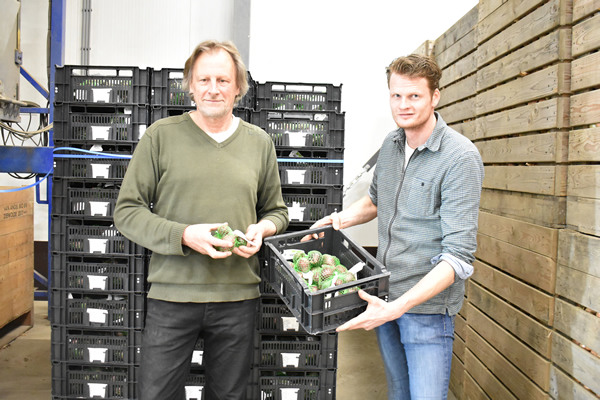
Piet van Andel and Bas Groeneveld.
Own storage and sorting
Twisk specializes in cultivating red and yellow first and second-year onion sets. They supplement these with shallots and mother bulbs for organic seed production. Van Andel Bio mainly grows yellow and red seed onions. Together, they'll be cultivating a wide range of onion varieties in the coming year. Van Andel and Twisk and a group of fellow growers' organic onions go to supermarkets and other buyers year-round. These are in the Netherlands and neighboring countries.
"We invested in storage and sorting facilities. So, we've been able to supply our customers with onions throughout the year for the last few years. Retailers used to chose to import organic onions. They're now changing their import programs. That means we can sell many more Dutch organic onions," says Piet van Andel.

TVA Organics' storage facility has a 9,200-ton capacity. Of this, 5,000 tons have a new condensation drying system based on ammonia cooling. The spacious processing hall houses two sorting lines with various packing options. "We're, therefore, flexible. We sort and pack the onions ourselves. Our buyers regard that as an advantage, quality-wise. Quality monitoring is centralized, and we can better organize it in-house."
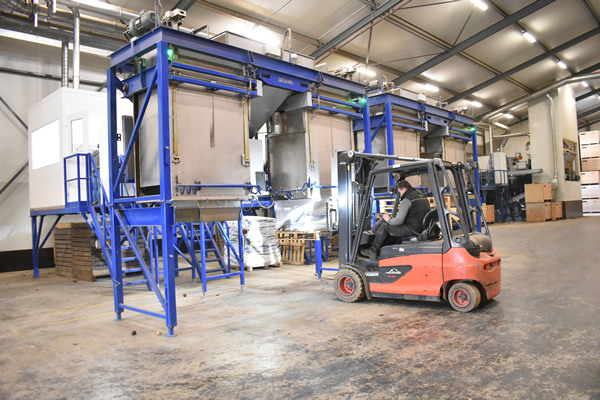
Ready for optical sorting
The company follows the latest developments around sorting with interest. "We've fitted the new warehouse for optical sorting. We're waiting for this technique to be fully developed. That's happening rapidly now. I expect we'll have an optical sorting line within two years. That can guarantee better internal quality. We can then also meet more customer-specific requirements. After all, you're dealing with a natural product. The quality isn't always what you'd want," Piet says.
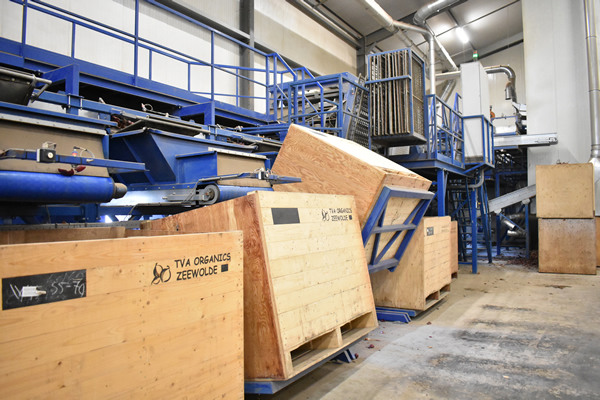
"Every customer is important to us. We do everything we can to get our organic and biodynamic onions to buyers in the best possible way. Our sales are very different from conventional onions. Those are shipped to all corners of the world. Our onions go mainly to retailers in the Netherlands and its neighbors. That means we have many different customers."
"And they all have their own packaging requirements, including biodegradable nets. When you grow for an end customer, you package the products yourself. That's almost a prerequisite. We aim to make organically grown onions available to everyone through short, efficient chains," Van Andel continues.
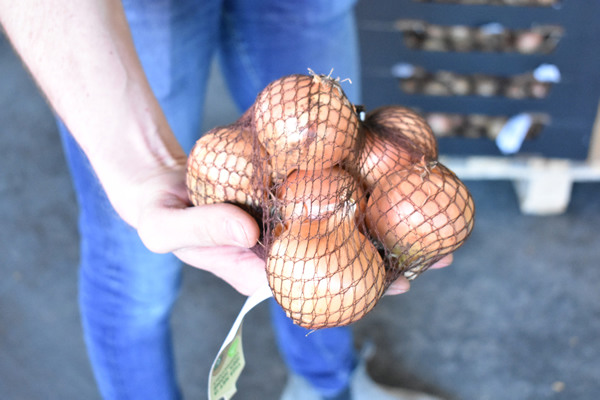
Biodegradable net.
"We're considering moving toward small packs. As soon as the demand's there, we'll switch. Our clientele varies from organic stores - which only buy locally - to large European supermarket chains. That's why we can change over extremely quickly. Germany is our biggest customer. The United Kingdom also buys a lot of organic onions."
"France has much market potential but also has large-scale cultivation. In the Netherlands, the organic share is still lagging far behind. But if retailers switch from red onions to organic, things can pick up suddenly. That happened in Germany," explains Piet.

Mildew-resistant organic varieties
According to him, the organic onion market development can't be compared to that of conventional trade. "Conventional onions go all over the world. Organic ones are more regional. Organic prices are more stable because supply and demand are better balanced. And because suppliers and buyers often realize they need each other."
Piet says the advance of mildew-resistant varieties in organic cultivation has stabilized its base. "That offers us a lot of security. We were at a huge disadvantage when we didn't have those varieties. One year you'd have a 35 tons/hectare yield. The next it would be 15 tons. You can't plan programs based on that."
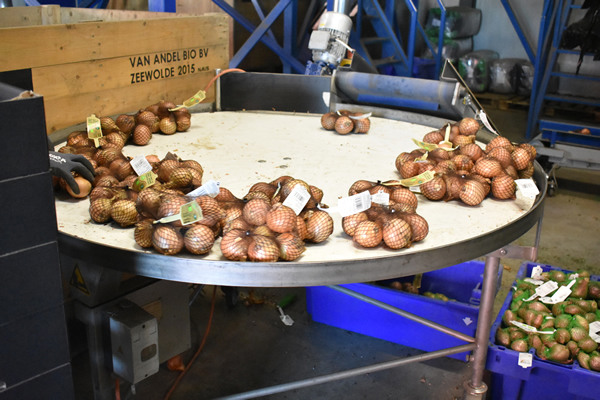
The grower isn't concerned that the organic acreage expansion will saturate the market. "In this part of the Netherlands alone, about ten growers have switched over each year in recent years. I've also sometimes thought that that's going too fast. But, in the end, they've all found customers for their onions. The organic sector has firmly established itself in the last decade. It's definitely reached critical mass. We expand mainly in cooperation with fellow growers. We now also market onions for 15 of them."
"That's so we can supply the required volumes. We're not traders, but we try hard to find long-term partnerships. These structural relationships have only benefited us. We can and will realize prices for which we can farm. We also want to keep developing our organic farms. We can do so with the support of our buyers and fellow growers," says Piet.
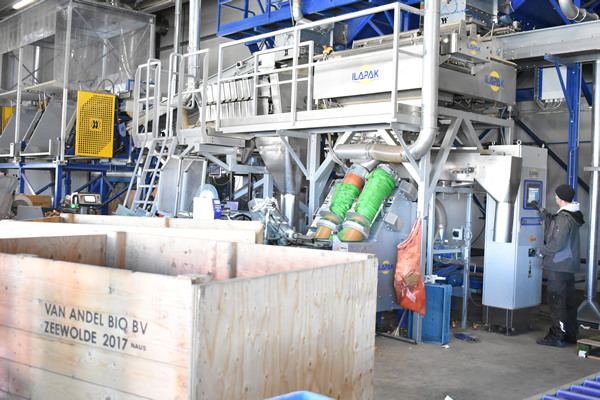
100% ready for 25% organic acreage
"When we started 30 years ago, our business model wasn't organic farming. We were, however, convinced it was better for the world. I've been interested in organic cultivation since childhood. The organic cultivation system has since proved to be future-proof."
"I therefore warmly welcome the European Commission's statement to move towards 25% organic acreage by 2030. I can't see why that's not feasible. We are 100% ready for the onion transition. In other words, more organic on the shelves. But then we and the marketing chains must take steps together. We must properly market the increasing supply of organic products," Piet concludes.
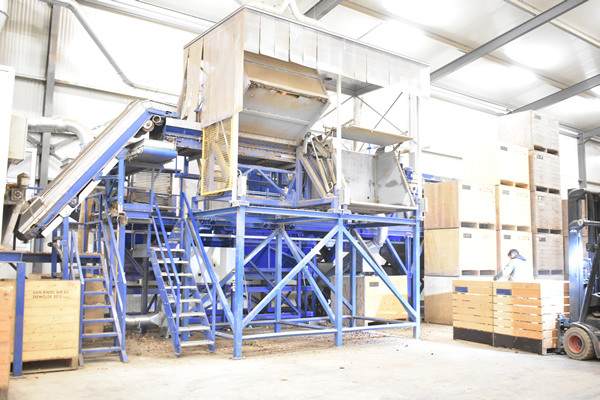
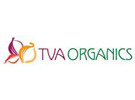 For more information:
For more information:
TVA Organics
21 Winkelweg
3896 LH, Zeewolde, NL
Tel: +31 (0) 365 228 463
Email: [email protected]
Website: www.tvaorganics.nl










